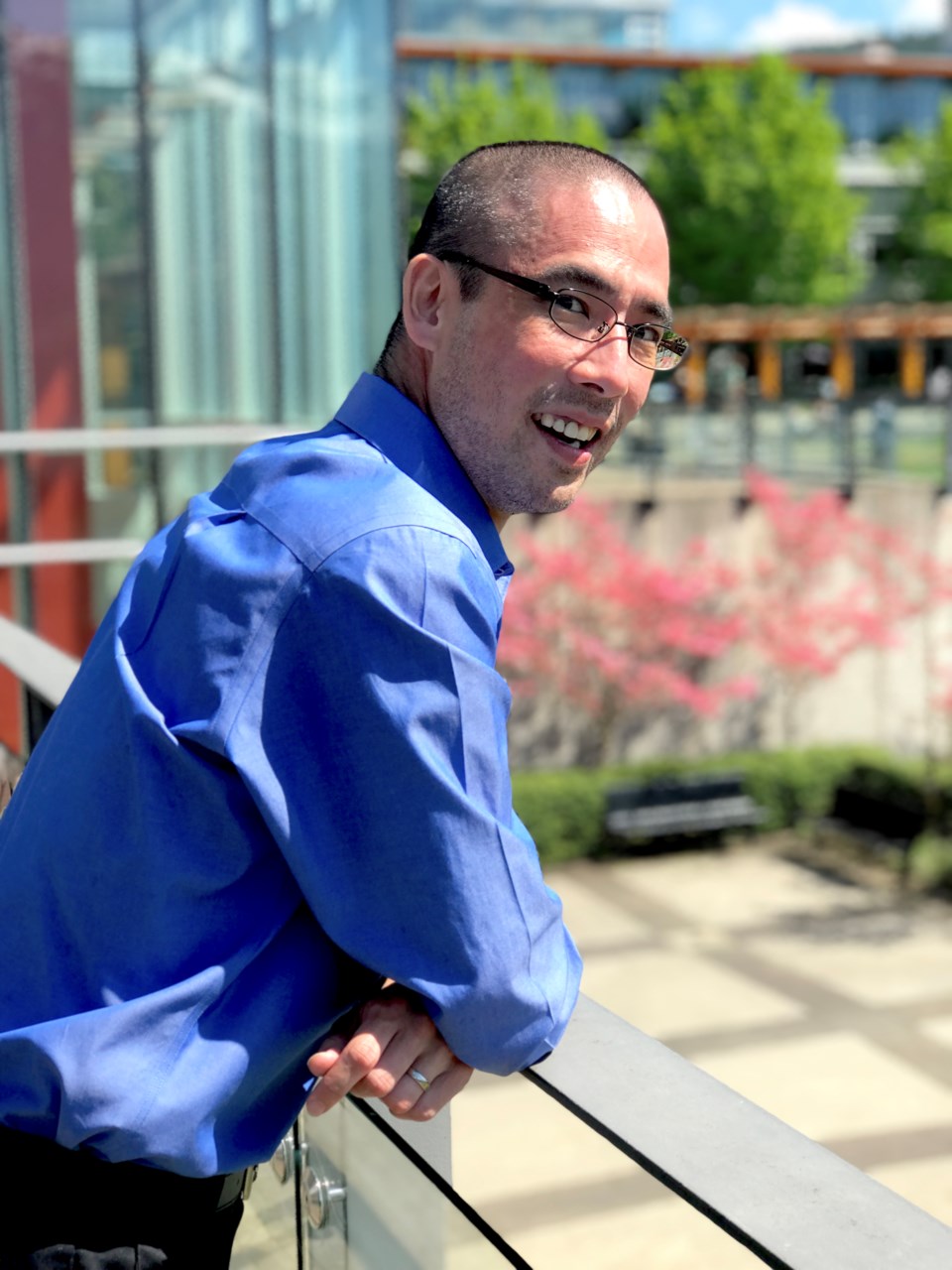From June 1 to June 5, Squamish will host the 42nd annual meeting of the Canadian Math Education Study Group, a national conference – offered in both official languages – that brings together 150 of the most influential math educators in Canada. This is the first time since 2010 that this annual conference has taken place in British Columbia.
“To be able to bring this national conference of Canada’s best math educators, the ones who drive and shape our curriculum – who have won awards in teaching excellence from elementary, high school, and university level – to bring them here so we can learn from them and learn from each other is just so amazing,” said conference organizer and Quest University mathematics professor Richard Hoshino.
Hoshino describes conference attendees as the movers and shakers of math education and the ones who are shaping the way the subject will be taught for generations to come. Courses listed in the program include: the 21st-century math classroom; decolonizing mathematics; playing with mathematics; robotics in math education; and rethinking interest in learning. Participants will sign up for one of these and over three days work together to prepare papers destined for publication.
In the planning of the event, Hoshino received sponsorship money from the BC Math Teachers organization, funding 15 complimentary registrations for public high school teachers from all across the province – including Howe Sound Secondary’s Michele Roblin, Tina Fox, and David Gregr, and Cultural Journeys’ Shaun Jakob.
“I’m so inspired by this. For these teachers to be able to come here, in their hometown, and work extensively with such inspired minds is such an opportunity. Teachers, especially Shaun, care deeply about decolonization in mathematics. This land,” said Hoshino, gesturing around the Quest campus, “doesn’t belong to us. What I believe so passionately is that our connection with the Squamish Nation isn’t one of tokenism but very sincere collaboration and respect and a desire to learn from them.
Alice Guss, a respected member and spokeswoman for the Squamish Nation, will be present at the opening of the conference to welcome participants and give context to the land where the conference is held.
“A real push in mathematics has been to create place-based learning,” explained Hoshino, who has attended the conference seven times since he was a 22-year-old grad student. “One thing Cultural Journeys does so well is integrating the context in which these individuals live and connect it to mathematics. For example, how we can improve environmental sustainability by taking a look at these problems and situating them in a context that is much more than a very dry problem that would be taught at a Grade 11 algebra class. It’s to provide students with a very meaningful context that they can experience through nature, a chance to create their own meaning and purpose in this world and not wait until they are 40 to start making change.”
Whether it’s through investigating the decolonization of mathematics, or learning through play or robotics, Hoshino said he couldn’t be more excited.
“I’m so thrilled to be bringing this to Squamish and facilitating this discussion with these individuals here.”
In addition to the conference activities at Quest, participants will take part in an excursion to either the gondola, the Britannia Mine Museum, or an afternoon downtown exploring. They will visit local natural attractions and go on hikes. They will also have a final wrap up meal at The Joinery. For more information visit cmesg.org.



